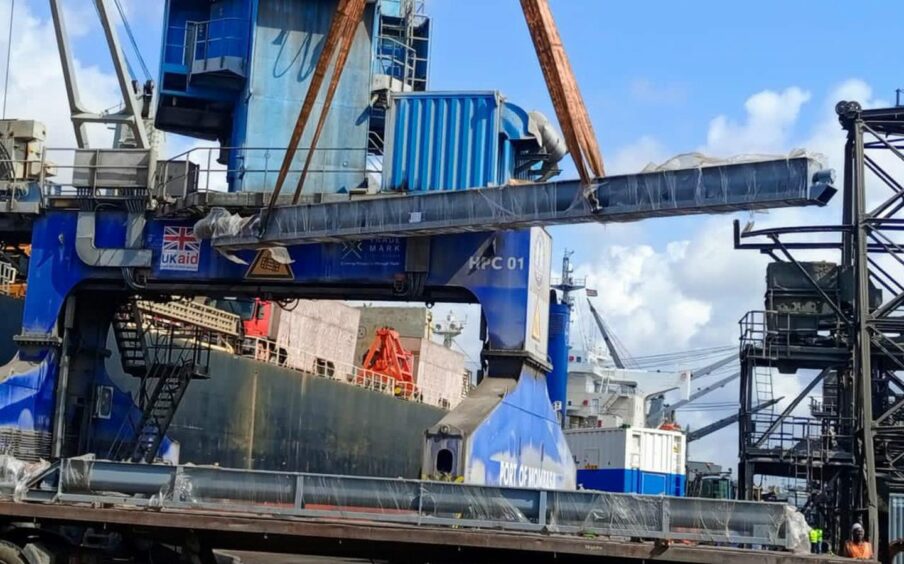
Ugandan parliamentarians have snapped back at a resolution condemning the country’s oil plans from the European Parliament.
The European resolution is “based on misinformation and deliberate misrepresentation of key facts” on environmental and human rights grounds, Deputy Speaker Thomas Tayebwa said.
“It represents the highest level of neocolonialism and imperialism against the sovereignty of Uganda and Tanzania.”
The resolution yesterday called for the two governments, and TotalEnergies, to reconsider the Lake Albert development. In particular, it highlighted concerns around the East African Crude Oil Pipeline (EACOP), which will run to the Tanzanian port of Tanga.
Tayebwa said the Ugandan Parliament condemned the resolution. The European move is an attempt to obstruct Uganda’s progress in developing its oil and gas resources. As such, the official said, it seeks to block the “country’s socio-economic growth and development”.
This, he said, is the “highest form of economic racism against developing countries”.
States in the European Union have taken steps in recent months to scale up their own production of fossil fuels, he said. Germany has revived its coal plants, he said, and Western states are seeking gas imports from Africa.
“Is energy security a preserve for only the European Union? Does Uganda not have the same right?” he asked.
Fair’s fair
The EU accounts for 25% of global emissions, with 10% of the world’s population, Tayebwa said. Africa has 20% of the world’s population but is responsible for only 3% of global emissions.
The resolution expressed concerns over compensation paid out to those relocated for the oil work. Tayebwa said that more than 70% of people have been compensated and that there is a participatory process to address grievances.
Uganda, he said, “must address efforts that aim at frustrating the sovereign right to exploit our resources”.
Tayebwa was not alone in his criticism. Another MP, Basalirwa Asuman, called for the executive to summon the EU ambassador to explain the resolution.
Recommended for you

